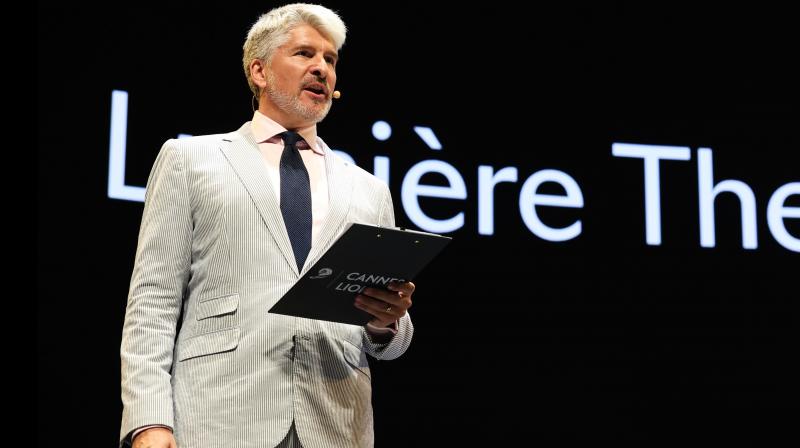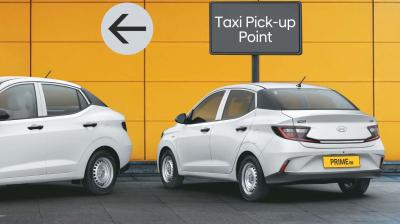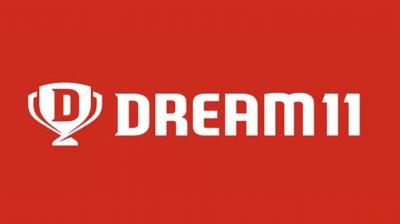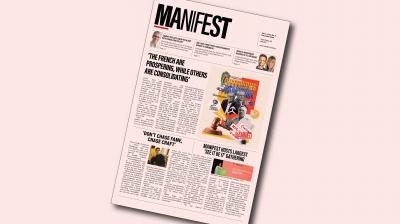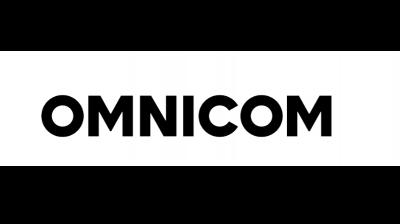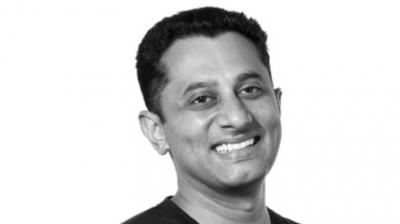For those who have attended the Cannes Lions International Festival of Creativity, one would recognise Matthew Marsh as the host at the Lumiere or Debussy (the two main stages at the festival). For those who tuned into F1 in the early 2000s across the Star Network, Marsh was a familiar figure as a host. We caught up with Marsh in Cannes to learn how he became a host at the festival, along with his love for motorsport.
Marsh, who has been a host at Cannes for 12 years now, got to the stage, thanks to motorsport.
"I work in motorsport, but it’s also my passion. There is a gentleman called Tim Waldron – he now runs the Global Out of Home Association. He was attending Cannes Lions for many years and was working with Haymarket in Asia. Both of us shared a passion for motorsport. You mentioned Le Mans, I first went there in 1987; Tim also attended it. We had a connection and became great friends," he said.
He further revealed, "One day, he asked if I wanted to become the host for Spikes (Asia) in Singapore. He had seen me present on television and thought I’d be a good fit. Looking good in a suit was a primary requirement, and I thought I would get to learn more about the communications industry and understand what people who run brands care about and think about. That’s how I started. And since Spikes had part ownership from the Cannes team, I was invited to host here in the South of France. This is my favourite week of the year."
Explaining why it is his favourite week of the year, he added, "It’s like a break from reality. My reality is getting to know brands through the lens of ‘could they use motorsport to achieve their business objectives’. That itself has progressed from not just having a logo on a racecar or media buying. It’s about promoting the fact that one has a partnership in motorsport. I find Cannes wonderfully inspiring. It’s the location. It’s also about having 12,000 delegates in one place, and that’s why people attend it. And the work on display is also inspiring."
F1's potential in India
While India hosted F1 races for three years (2011-2013), it has disappeared from the calendar.
About the potential of the sport in India, Marsh said, "I think it has huge potential. I have been saying that to people in Formula 1 and they agree about it. The challenge for any professional sports business is that one has tension between revenue generation and making it accessible for fans. I’m from the generation of free-to-air sports television. If I hadn’t been able to watch F1 on TV, I wouldn’t have become a fan."
And accessibility is what it's addressing with the likes of Netflix's 'Drive to Survive' and the recently released F1 movie.
"It’s not exactly universal, but it’s helping with access. It’s an entry point to become a fan. The new owners of F1 (Liberty Media) are an entertainment business and not a motor racing company. They looked at the sport and thought it was great entertainment and could be packaged as a great TV show," he said.
"Now, the new fans can engage in the sport however they want to. Viewers like me want to watch the race for almost three hours on a Sunday afternoon, including qualifying and practice on Friday and Saturday, respectively. Most people don’t want to; so if they want to see highlights on YouTube a day later, that’s fine. It doesn’t generate direct revenue. It’s about getting fans," he said.
About India specifically, he said, "What language should the broadcast be in? There is a perception that broadcasters need to do so in English. From the conversations I had with people in India, motorsports are popular in South India, and so there should be broadcasts in languages meant for those particular markets. I think on the broadcast on Fancode, there’s an opportunity for both English and Hindi viewers. Which is a fantastic start. Sometimes, people think that F1 didn’t last in India. That’s not because people don’t like F1. There was a whole tax issue involved back then. It was more damaging to the country than to the sport. Cities and promoters spend close to USD 40 million a year to host a race; it might seem like a lot of money, but to me it’s a bargain. I hope India can be part of the F1 circuit soon."
Catch the full chat with Marsh in the August issue of Manifest. Get your copy here.

.jpg)
